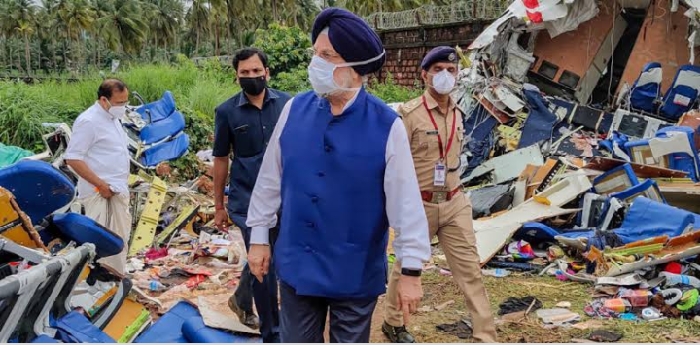New Delhi, Oct 16: Prime Minister Narendra Modi on Monday called the Congress "an equal partner" in decisions about the Goods and Services Tax (GST).
"I want to tell my friends that Congress is an equal partner in GST decisions. They should not spread lies on GST," he said in an address to BJP workers at his 'Gujarat Gaurav Mahasammelan' in the state capital, Gandhinagar.
The PM assured the people that his government was "actively striving to remove any issues with the GST."
"The government is actively striving to remove any issues that GST may have. Thousands of new businessmen are registering for it," the PM said.
In his speech, PM Modi also took a dig at the Congress, calling the Gujarat elections a fight between 'development and dynasty,' adding that development politics will triumph over family rule.
"This election is between development and dynasty. Development will win, and dynasty will lose," he said.
He challenged the Congress to fight the elections on the plank of development, instead of "trying to manipulate the people."
The Opposition has been unwavering in its criticim of the new tax regime.
The Congress had a few days ago alleged that the GST had "failed" and left "the economy in misery."
"GST has failed due to structural irregularities, leaving the economy in misery & Modi & Co trying to save face," the party had tweeted.






Comments
Why is our Hr Prime minister lieing so much.. World has seen Opposition walkout oppossing during the night they were suppose to bring GST. All dignity of the chair has been gone. People started realising how our PM works. Either he is in election mode or he is in tourism mode
That means PM agreed that its a monumental structural failure
Add new comment